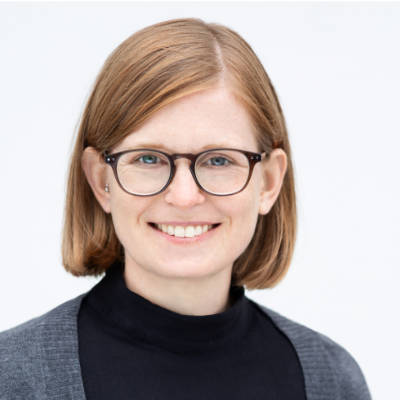Promotion
Creating a pedagogic space for hard-to-reach youngsters
The doctoral dissertation of Vera Taube describes and explains intensive pedagogic practice with hard-to-reach youngsters. The study’s overall objective is to conceptualize the creation of a pedagogic space that enables learning processes and pedagogic interaction with marginalized adolescents who are poorly served by the support system. Adolescents who count as “hard-to-reach” are usually associated with a burdened biographical background. Their experiences result in particularly challenging and endangering behavior and a complex educational need that leads to an accumulation of failed support attempts. Pedagogy seems to have reached its limits in these cases, and often punitive measures and confinement are the last resort lacking pedagogic answers.
The qualitative study comprised 14 interviews with professionals working on the project “Erleben, Arbeiten, und Lernen” (EAL, “Experiencing, working, and learning”). The project run by a German child support provider organizes intensive treatments for German adolescents at a farm in the Finnish countryside. Moving to Finland allows what was thwarted in the home environment: to overcome rejection and distrust between the young person and the adult to develop a pedagogic relationship to address the educational need of the adolescent.
Based on the analysis of the interviews and documents written about the project, the study resulted in a thick description of the project’s setting and a grounded theory of intensive pedagogy. It explains the role of the setting and the interplay between pedagogue and environment for constructing a pedagogic space.
The results show that the setting conditions severely impact the potential of pedagogic interventions in hard-to-reach cases. The findings suggest that we can compare the pedagogic space with an “experiential laboratory.” It represents an artificially constructed space intentionally designed to support educators in their task to initiate, accompany and confront learning situations as means for the development of the young person. In the laboratory, the adult adopts a power position, being in funds of all resources and control. To the youngsters, the foreign environment appears as a closed setting, although without locks and bolts. They are not familiar with the surroundings. Their usual coping strategies do not work in the new environment – their dependence on the adult increases by moving to the foreign setting. To manage daily life and fulfill basic needs, they have to interact with the adult. Against this background, the laboratory appears as a setting of power. A notion that does not seem to fit pedagogic approaches. Taking a closer look, the laboratory reveals its pedagogic qualities by owning a high experiential potential embedded in its characteristic environment. This potential is activated and modulated by the educators to construct learning situations for the adolescents. The closedness of the setting and their power position support them in this task.
However, for achieving personal development instead of mere adaption, the development of trust and a pedagogic relationship is inevitable. During the process, the power has to be replaced by trust and relationship as the initiating factor of personal learning. Although confrontation and force are the catalysts, the laboratory’s experiential character mainly depends on the trustful relationship between the youngster and the adult. Despite the high importance of power and closedness, the analysis proved that the EAL project’s history of ideas does not connect it to punitive or power-oriented approaches. They are somewhat rooted in social pedagogy and stand in the tradition of reform pedagogic approaches. The setting functions as a space to offer, create and facilitate experiences that are the primary means of personal development. The study demonstrates the importance of the surrounding conditions and the role of the environment for the pedagogic interaction. Thereby, it offers a promising framework of thinking for pedagogic practice also beyond hard-to-reach clientele.
(Press Release for the UEF-website)
